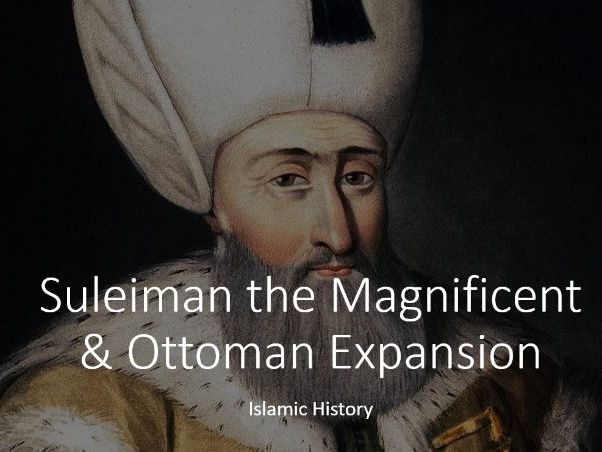Wolsey Academy
Wolsey Academy, a proud Gold TES author, offers a wide array of resources for History, ICT, and Business Studies, all designed to work 'off the shelf'. This makes them perfect for busy teachers who need ready-to-use, effective materials that engage students through unique interactive games. Our resources ensure a seamless integration into the classroom, providing a high-quality educational experience without the need for extensive preparation.




















